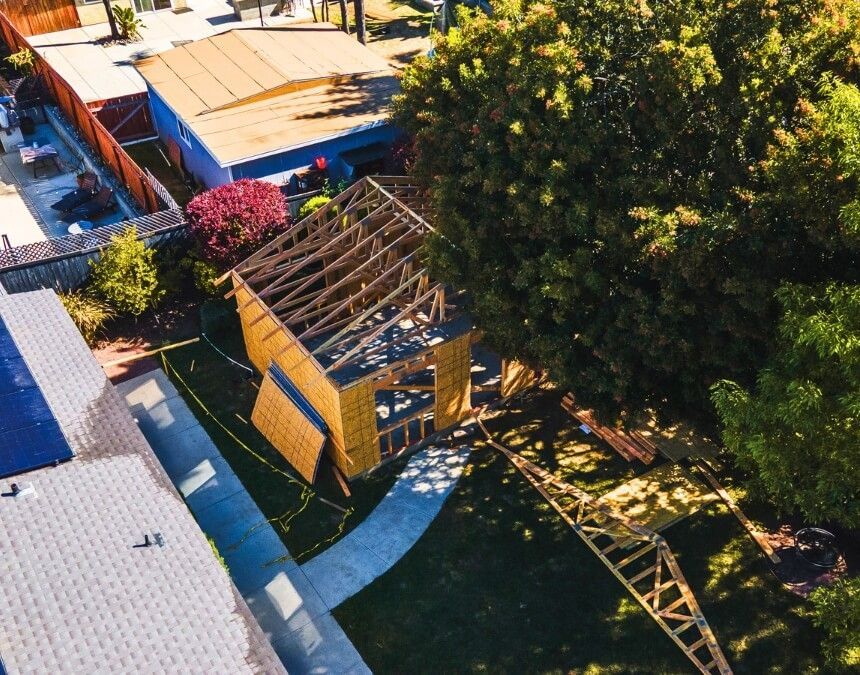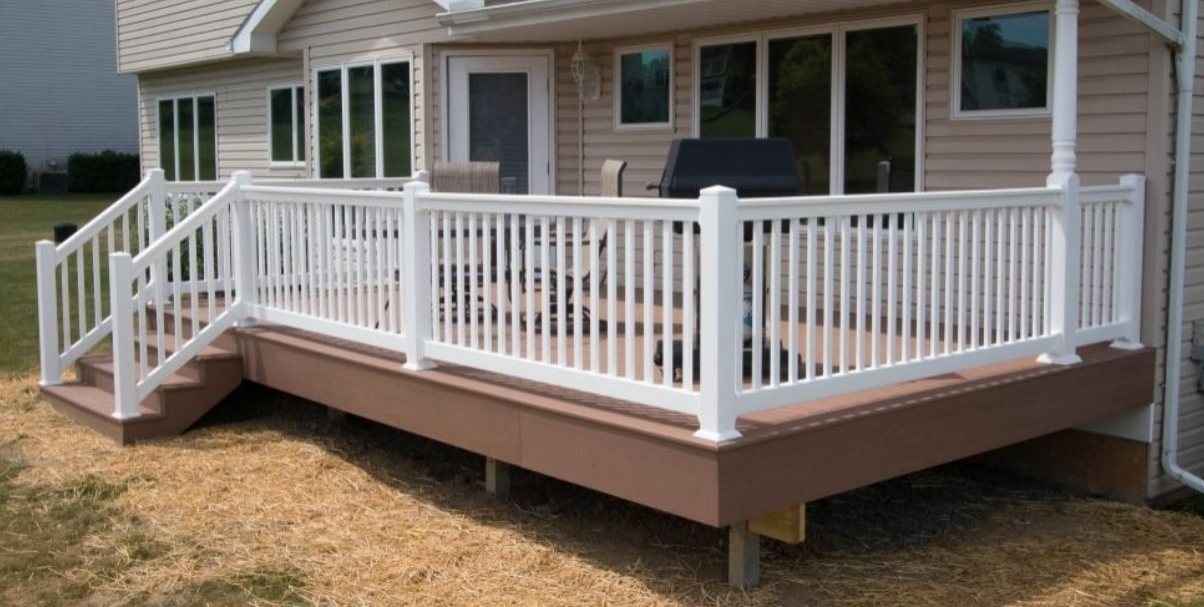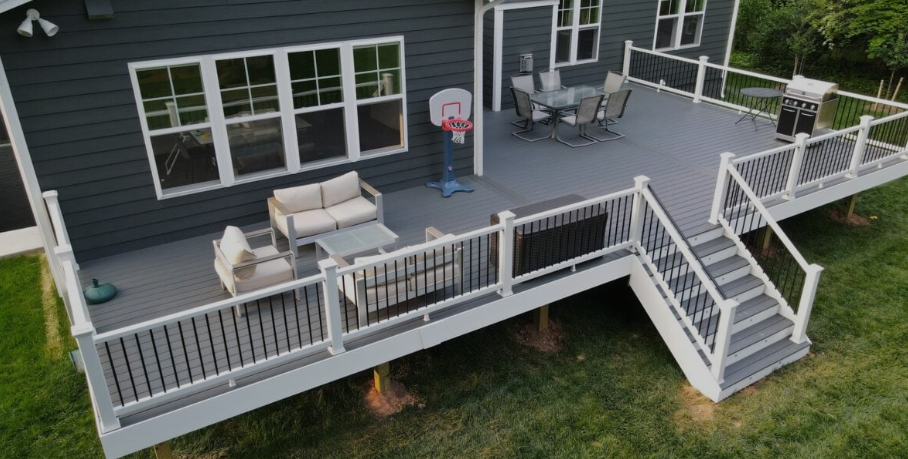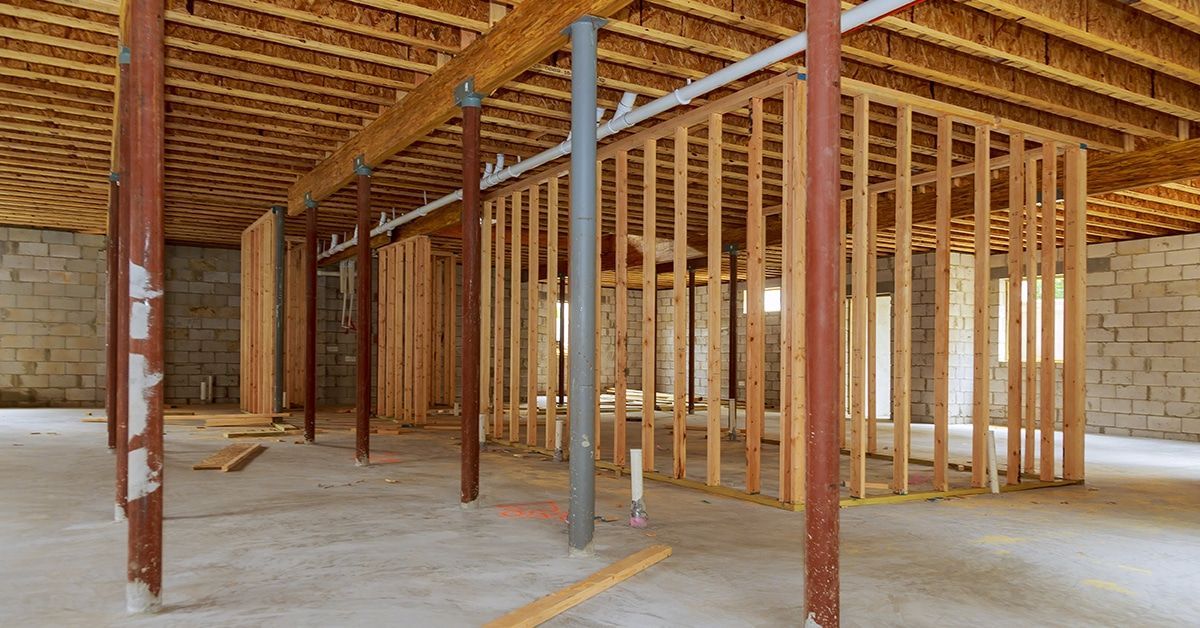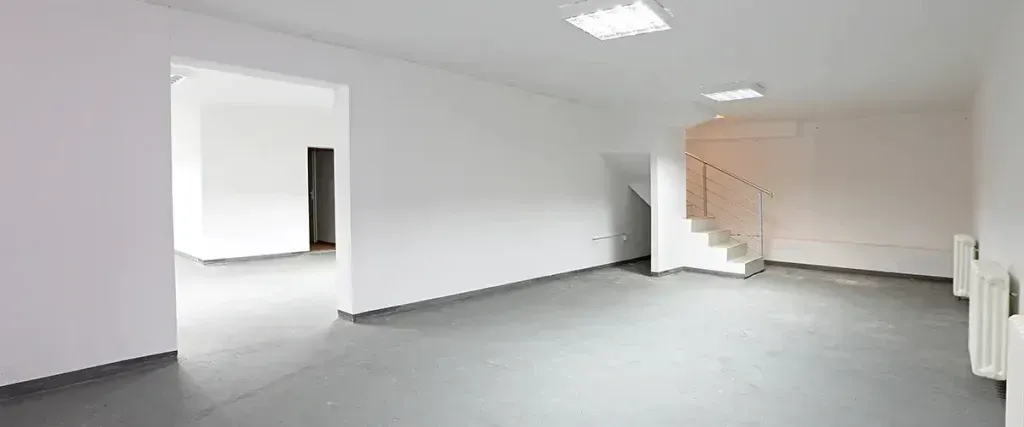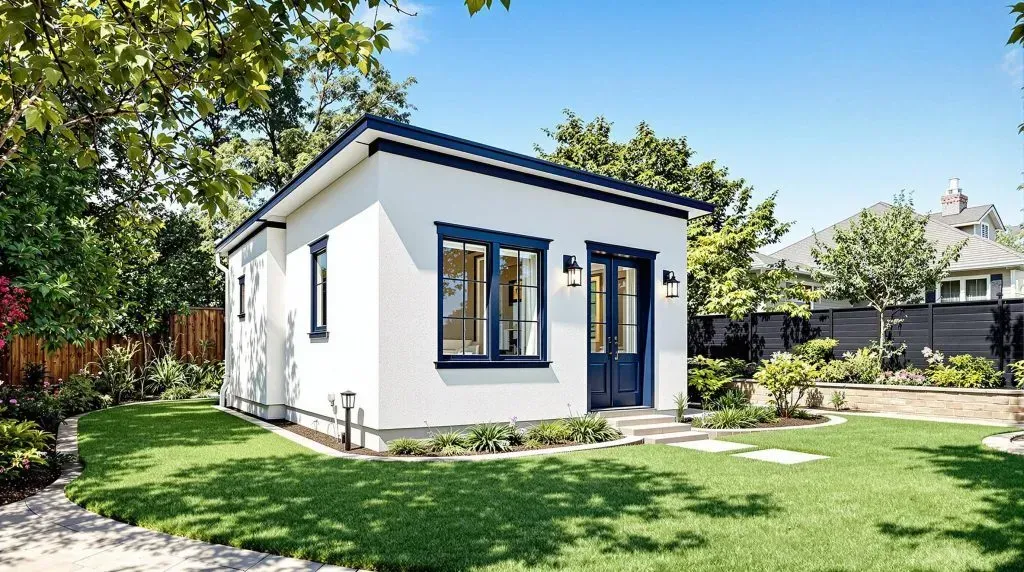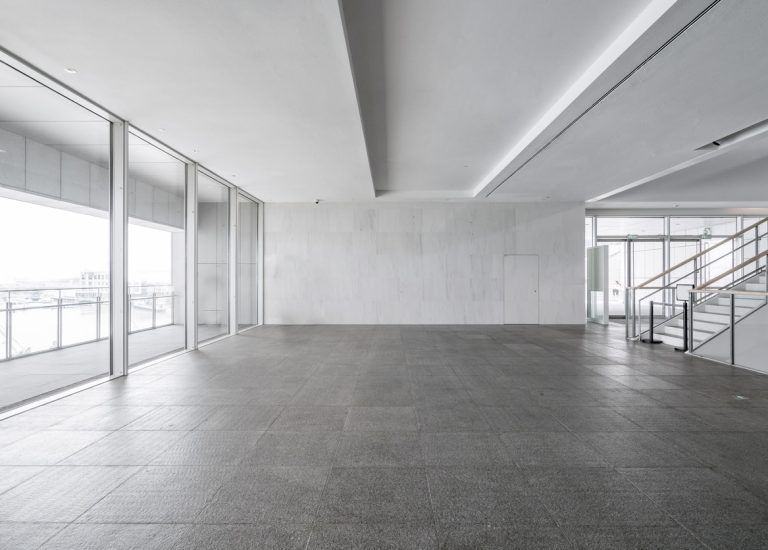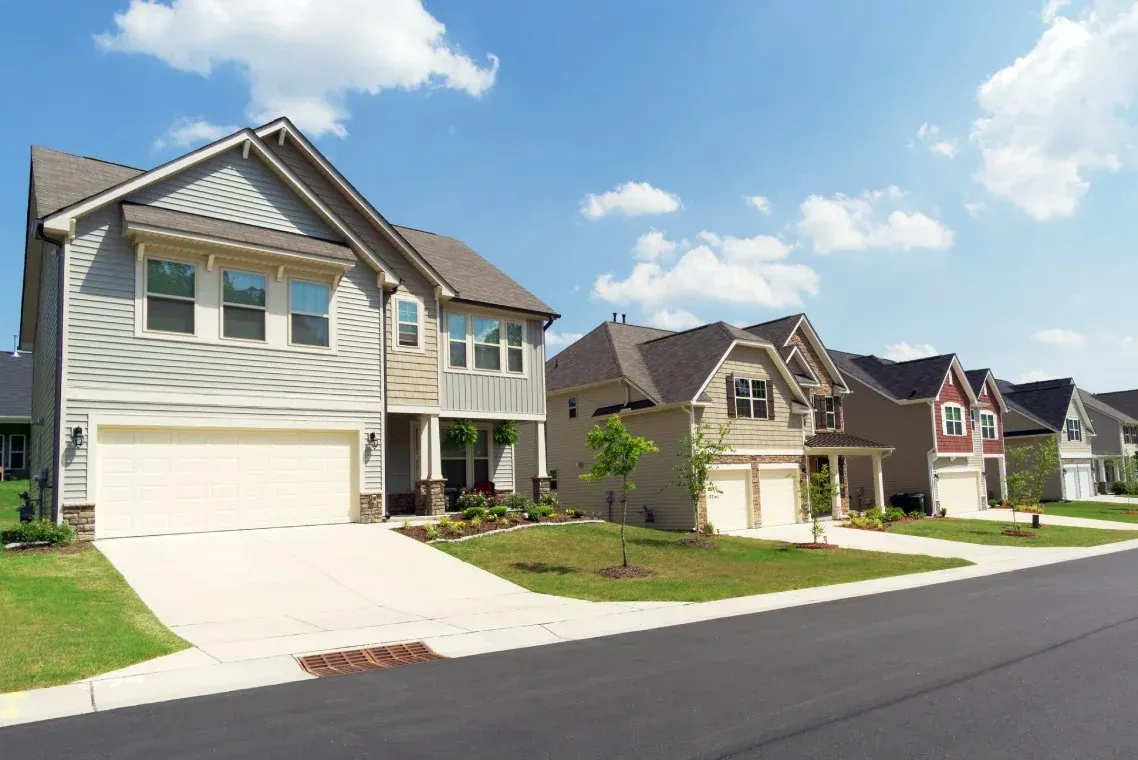Foundation Repair Warning Signs for Rhode Island Homeowners
Rhode Island homeowners should watch for cracks in walls or foundations, doors that stick, uneven floors, water intrusion, and gaps around windows as key warning signs of foundation problems. Due to Rhode Island's clay-rich soil, coastal conditions, and freeze-thaw cycles, foundation issues are common and require immediate attention to prevent costly structural damage.
Top 10 Foundation Warning Signs in Rhode Island Homes
1. Foundation Cracks
Horizontal cracks are the most serious warning sign:
- Hairline cracks: May be normal settling, monitor for growth
- Stair-step cracks: Indicate foundation movement, require immediate attention
- Horizontal cracks: Sign of soil pressure, potentially dangerous
- Vertical cracks: Common in Rhode Island due to settling, usually less serious
2. Interior Wall Cracks
Look for cracks in these locations:
- Above doorways and windows: Indicates foundation settlement
- Where walls meet ceilings: Sign of structural movement
- Stair-step patterns in brick or block walls: Foundation shifting
- Cracks that grow over time: Active foundation movement
3. Doors and Windows That Stick
Rhode Island's humid climate can cause wood to swell, but foundation issues cause:
- Doors that suddenly won't close properly
- Windows that are difficult to open or close
- Gaps around door and window frames
- Doors that swing open or closed on their own
4. Uneven or Sagging Floors
Common in Rhode Island's older homes:
- Floors that slope toward exterior walls
- Bouncy or soft spots in flooring
- Visible sagging from below
- Gaps between floor and baseboards
5. Water Intrusion and Moisture Issues
Rhode Island's coastal location creates unique challenges:
- Water in basement after heavy rains
- Efflorescence (white, chalky deposits) on foundation walls
- Musty odors in basement or crawl space
- Mold growth on foundation walls
6. Chimney Problems
Rhode Island's clay soil can cause:
- Leaning or tilting chimney
- Cracks where chimney meets house
- Gaps around chimney base
- Chimney pulling away from house
7. Exterior Warning Signs
Check your home's exterior for:
- Bowing or bulging foundation walls
- Gaps between foundation and house
- Cracked or displaced foundation blocks
- Soil pulling away from foundation
8. Plumbing and Utility Issues
Foundation movement affects utilities:
- Cracks in basement floor
- Shifted or damaged sewer lines
- Gas line concerns
- Electrical conduit damage
9. Driveway and Walkway Problems
Settlement indicators include:
- Cracked concrete driveways
- Sinking walkways near foundation
- Separation between driveway and foundation
- Uneven patio or deck areas
10. Nail Pops and Drywall Issues
Interior signs of foundation movement:
- Nail pops in drywall
- Drywall cracks that reappear after repair
- Wallpaper peeling or bubbling
- Tile cracks in kitchen or bathroom
Why Rhode Island Homes Are Prone to Foundation Problems
Unique Soil Conditions
Rhode Island's geological makeup creates foundation challenges:
- Clay-rich soil: Expands and contracts with moisture changes
- Glacial till: Uneven soil composition causes differential settling
- Coastal sand: Can shift and erode, affecting stability
- Ledge and bedrock: Uneven support can cause foundation issues
Climate Factors
Rhode Island's weather patterns contribute to foundation stress:
- Freeze-thaw cycles: Repeated freezing and thawing damages foundations
- Heavy spring rains: Saturate soil and increase hydrostatic pressure
- Coastal storms: High winds and flooding affect foundation stability
- Humidity changes: Cause soil expansion and contraction
Age of Housing Stock
Many Rhode Island homes face foundation challenges due to:
- Historic construction methods: Older techniques may not meet current standards
- Stone and brick foundations: Common in older Providence and Newport homes
- Lack of proper drainage: Older homes often lack modern waterproofing
- Previous repairs: Inadequate past repairs can lead to recurring issues
Foundation Problems by Rhode Island Region
Providence Area
Common issues in Providence include:
- Settlement due to clay soil
- Water intrusion from aging storm systems
- Foundation issues in triple-decker homes
- Basement flooding during heavy rains
Newport County
Coastal properties face unique challenges:
- Salt water intrusion
- Erosion from coastal storms
- High water table issues
- Foundation problems in historic mansions
Warwick and Cranston
Suburban areas experience:
- Clay soil expansion and contraction
- Settlement in newer developments
- Drainage issues in flat terrain
- Foundation problems in split-level homes
Westerly and South County
Beach communities deal with:
- Sand erosion under foundations
- Saltwater corrosion
- Storm surge damage
- Seasonal home foundation issues
Northern Rhode Island
Areas like Woonsocket and Cumberland see:
- Bedrock-related foundation issues
- Mill town foundation problems
- Drainage challenges in hilly terrain
- Foundation issues in converted mill buildings
When to Call a Professional
Immediate Action Required
Contact a foundation specialist immediately if you notice:
- Horizontal cracks in foundation walls
- Stair-step cracks that are growing
- Doors or windows that suddenly won't close
- New cracks appearing after storms
- Water intrusion in previously dry basements
Schedule an Inspection Soon
Plan a professional assessment for:
- Multiple small cracks appearing together
- Gradual changes in door/window operation
- Increasing moisture in basement
- Nail pops and drywall cracks
Monitor and Document
Keep records of:
- Crack measurements and photos
- Dates when problems first appeared
- Weather conditions when issues worsen
- Changes in severity over time
Foundation Repair Costs in Rhode Island
Typical Repair Costs
- Crack injection: $300-$800 per crack
- Basement waterproofing: $3,000-$8,000
- Foundation underpinning: $15,000-$50,000
- Full foundation replacement: $25,000-$75,000
Factors Affecting Cost
- Accessibility: Tight spaces increase labor costs
- Extent of damage: More damage equals higher costs
- Soil conditions: Clay soil requires specialized techniques
- Permitting: Rhode Island permit fees vary by municipality
Prevention Tips for Rhode Island Homeowners
Proper Drainage
- Install gutters and downspouts
- Grade soil away from foundation
- Install French drains if needed
- Keep gutters clean and functional
Moisture Control
- Use dehumidifiers in basements
- Ensure proper ventilation
- Fix plumbing leaks immediately
- Monitor humidity levels
Regular Maintenance
- Inspect foundation twice yearly
- Check for new cracks after storms
- Maintain proper grading around home
- Address small issues before they grow
Seasonal Considerations
- Winter: Ensure proper heating to prevent freeze damage
- Spring: Check for damage after snow melt
- Summer: Monitor for drought-related settling
- Fall: Prepare drainage systems for winter
Choosing a Foundation Contractor in Rhode Island
Questions to Ask
- Are you licensed and insured in Rhode Island?
- Do you have experience with Rhode Island soil conditions?
- Can you provide local references?
- What warranty do you offer?
- How do you handle permitting?
Red Flags to Avoid
- Door-to-door solicitation
- Pressure to sign immediately
- No local references
- Unusually low estimates
- No written warranty
Foundation Types Common in Rhode Island
Stone Foundations
Common in homes built before 1950:
- Fieldstone: Requires specialized repair techniques
- Cut stone: More stable but can still develop issues
- Mortar deterioration: Common problem in older homes
Concrete Block
Popular in mid-century construction:
- Easier to repair than stone
- Susceptible to water damage
- May require reinforcement
Poured Concrete
Modern standard for foundations:
- Generally more stable
- Cracks can often be injected
- May require professional assessment
Insurance and Foundation Repairs
What's Typically Covered
- Sudden water damage (not gradual leaks)
- Storm-related foundation damage
- Accidental damage from construction
What's Usually Not Covered
- Gradual settling or age-related issues
- Maintenance-related problems
- Flood damage (requires separate flood insurance)
- Earth movement (unless specifically covered)
The Importance of Acting Quickly
Why Immediate Action Matters
- Prevents more expensive repairs
- Protects your home's structural integrity
- Maintains property value
- Ensures family safety
Consequences of Delay
- Minor cracks become major structural issues
- Water damage leads to mold and health problems
- Foundation failure can make home uninhabitable
- Decreased property value
Concerned about foundation issues in your Rhode Island home? Rockhouse Construction specializes in foundation repair throughout the Ocean State. Our experienced team understands Rhode Island's unique soil conditions, climate challenges, and building requirements. From minor crack repairs to complete foundation reconstruction, we provide reliable solutions backed by solid warranties. Contact us today for a professional foundation assessment and free estimate.
